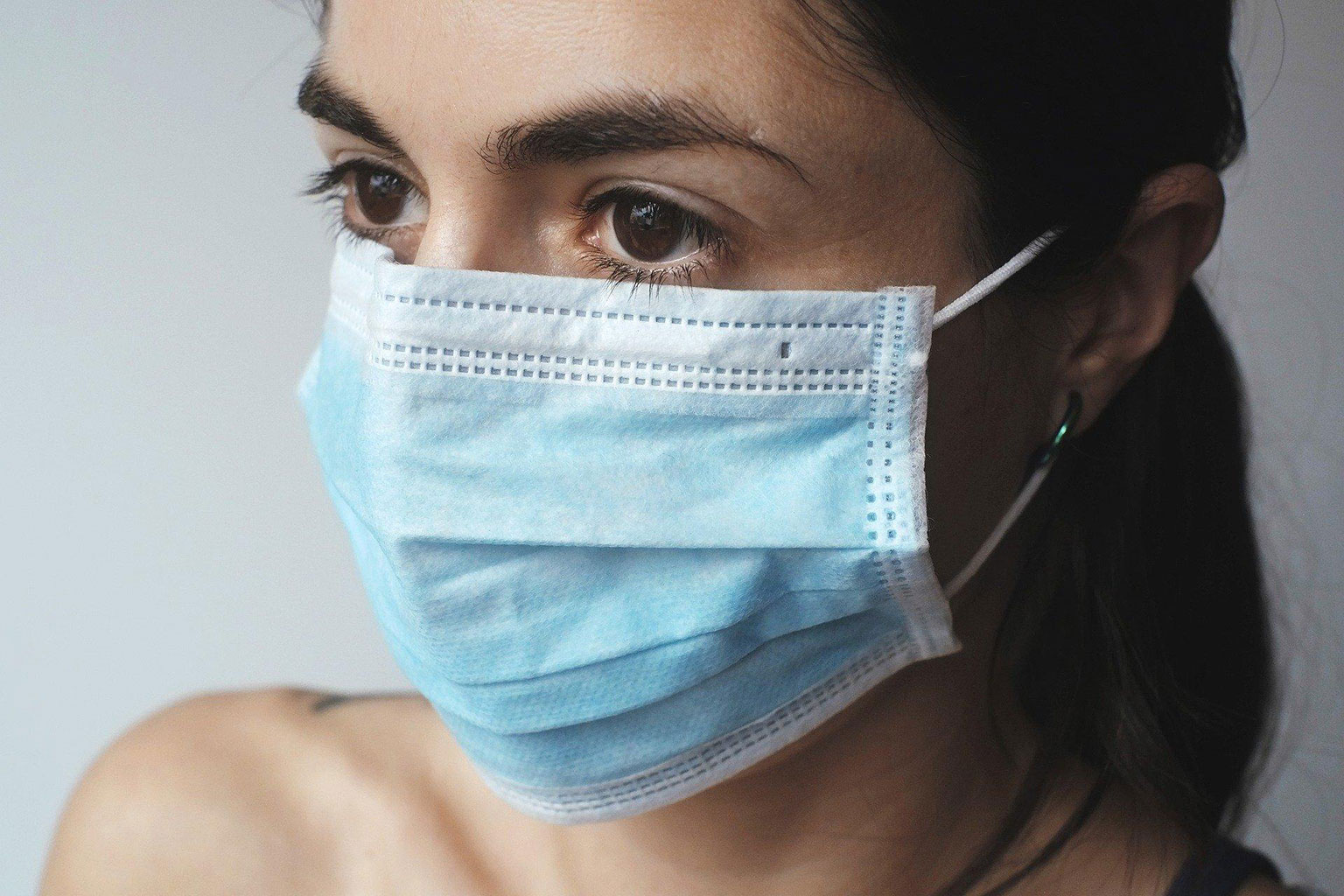The use of face masks has helped slow transmission of the novel coronavirus, but it’s led to increased skin and eye complaints. Irritation and infections have been on the rise, and while the exact mechanisms behind many of the problems are still being researched, it is known that the pressure of the mask, the type of fabric, and the way the mask fits can all contribute to these side effects. If you’re dealing with irritated eyes, eye styes, and more, we can help you at NeuroVisual Specialists of Florida. You do have the ability to make your eyes feel better.
Face Mask Eye Irritation
One of the biggest complaints has been an increase in dry eye, a condition in which your eyes feel itchy or gritty, look red and irritated, and become watery while your vision becomes blurry. You can have any combination of these symptoms. Dry eye is usually caused by a medical condition or an external factor like wildfire smoke, allergens, or even a fan constantly blowing in your face on a hot day.
Mask-associated dry eye is new, however, even for medical staff who usually wear masks. Researchers aren’t quite sure of the exact cause, although airflow coming from the top of the mask (an ill-fitting mask redirects your breath up and out over the top rather than through the mask itself) may contribute to the condition.
Because the condition isn’t entirely understood fully, it would be best to see an eye doctor to discuss the problem. In the meantime, you can try using warm compresses (cloth dampened with warm water) on your eyes at night or use lubricating eye drops if you don’t wear contacts. If the condition becomes severe, you may have to resort to wearing goggles, but if you reach that point, you need to see an eye doctor to figure out a better strategy.
One suggestion from some sources has been to tape down the top of the mask to limit the airflow from that area. Don’t tape down the mask under the lower eyelids. A report published in Ophthalmology and Therapy noted that this was tried by some medical staff only to result in corneal irritation. The theory was that the tape prevented the lower eyelid from moving as it usually does, resulting in problems for the eyeball itself.
The irritation from dry eye is bad enough, but now there’s speculation that it may increase the risk of contracting diseases. If you rub your eyes in an attempt to make them feel better, you could transmit any viral particles on your hands to your eyes. Also, irritated skin and membranes do not form as good a barrier against pathogens as healthy skin and membranes.
Styes and Skin Infections
Face mask use may increase the chance of developing an eye stye or an eyelid infection. Some masks rest right under the eyes; when the edge of the mask continually rubs against the skin of your lower lid, it can create irritation.
Complaints about eye styes are rising, too. These are small, infected lumps along the edge of your eyelid, upper or lower, due to staphylococcal bacteria that get into the eyelash follicles and glands along the lids. You can transmit the bacteria by rubbing your eyes; there’s some speculation that bacteria exhaled along with your breath may be another culprit.
By the way, that’s another reason to wash your mask after each use. You don’t want bacteria building up on a mask that you place near your eyes.
While there are some tactics you can use to alleviate irritation on your skin or in your eyes, such as using a mask with a nose wire that helps make the mask conform to your face, these conditions generally don’t go away on their own. And, if you have other eye conditions such as eye misalignment, which can cause headaches and dizziness, mask-related dry eye and styes can make those conditions seem worse.
If you’ve been wearing a mask to protect yourself and others against the novel coronavirus, you’ve been doing the right thing and should keep wearing masks. However, don’t suffer in silence. Contact us at NeuroVisual Specialists of Florida at (561) 733-9008 for an evaluation.


